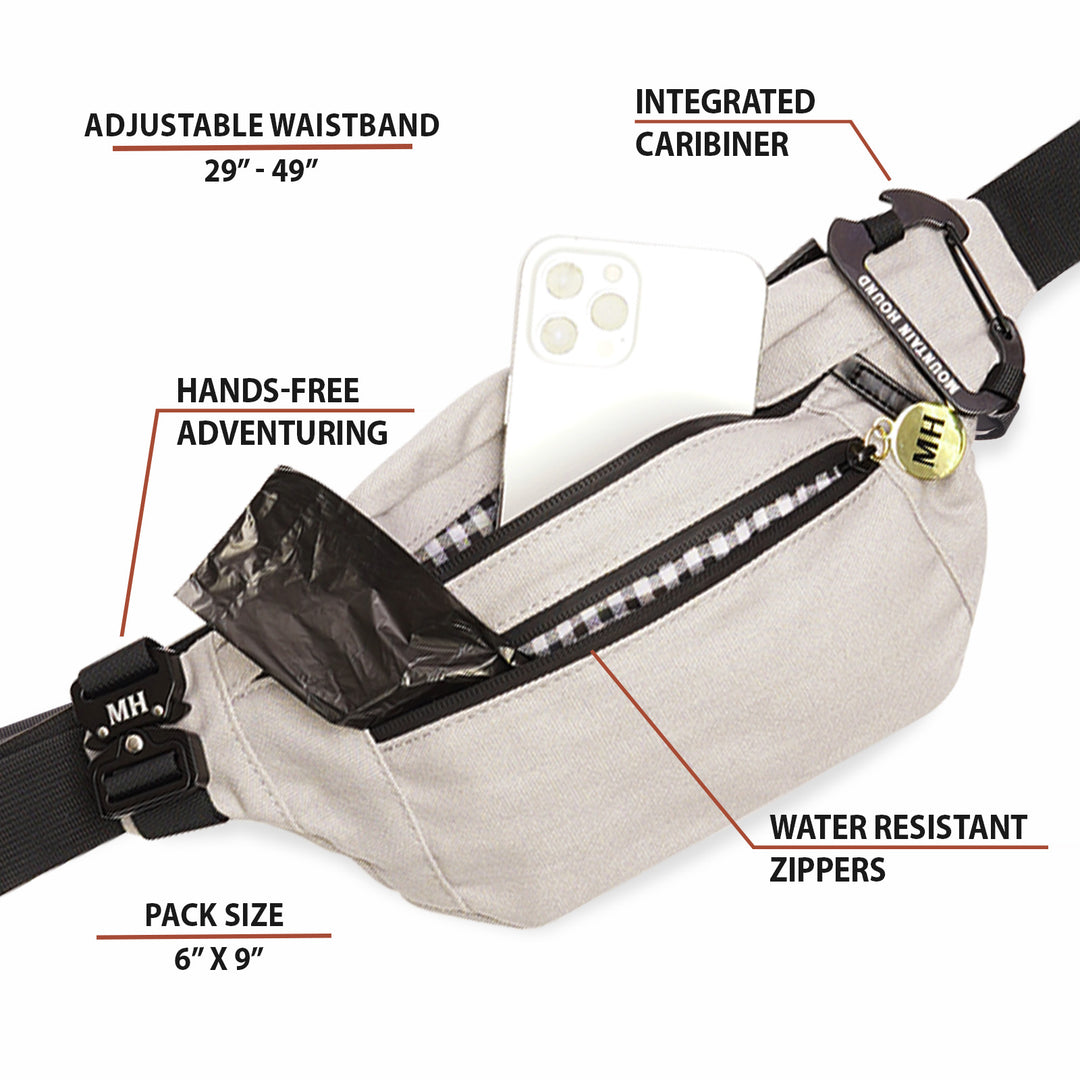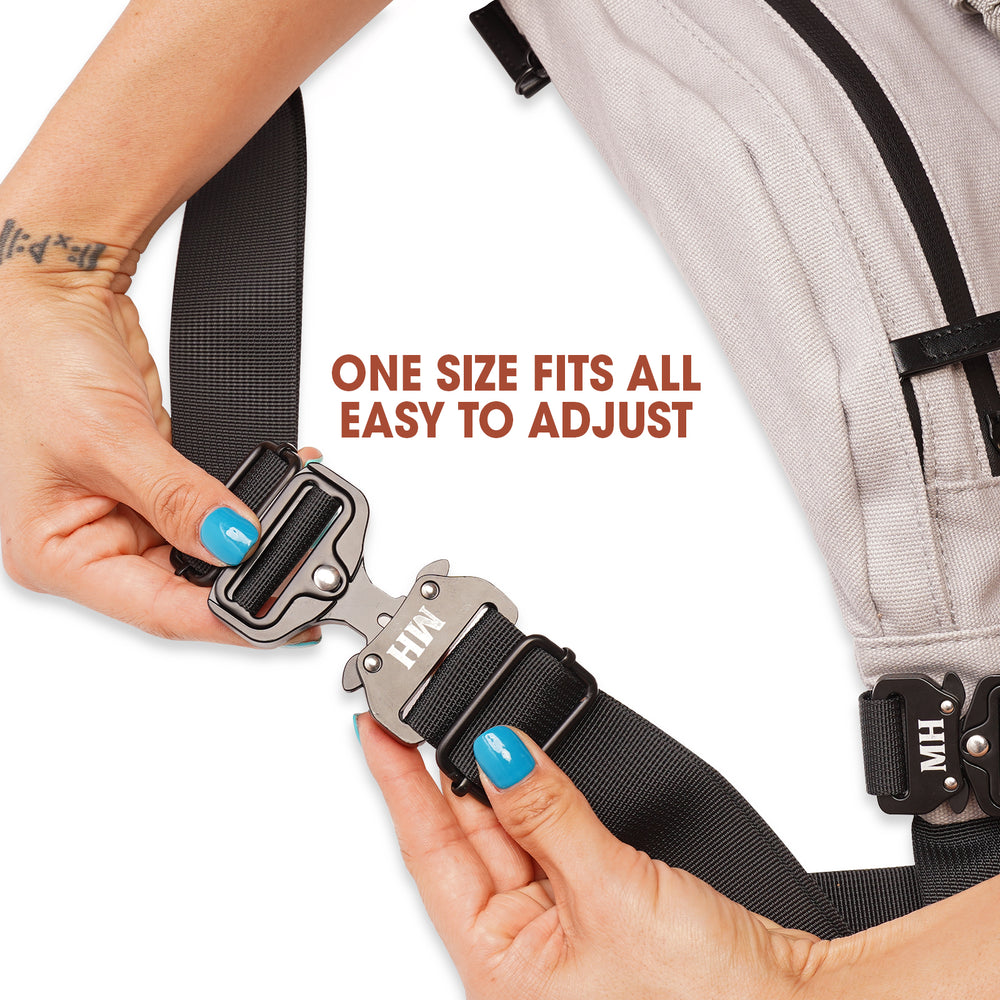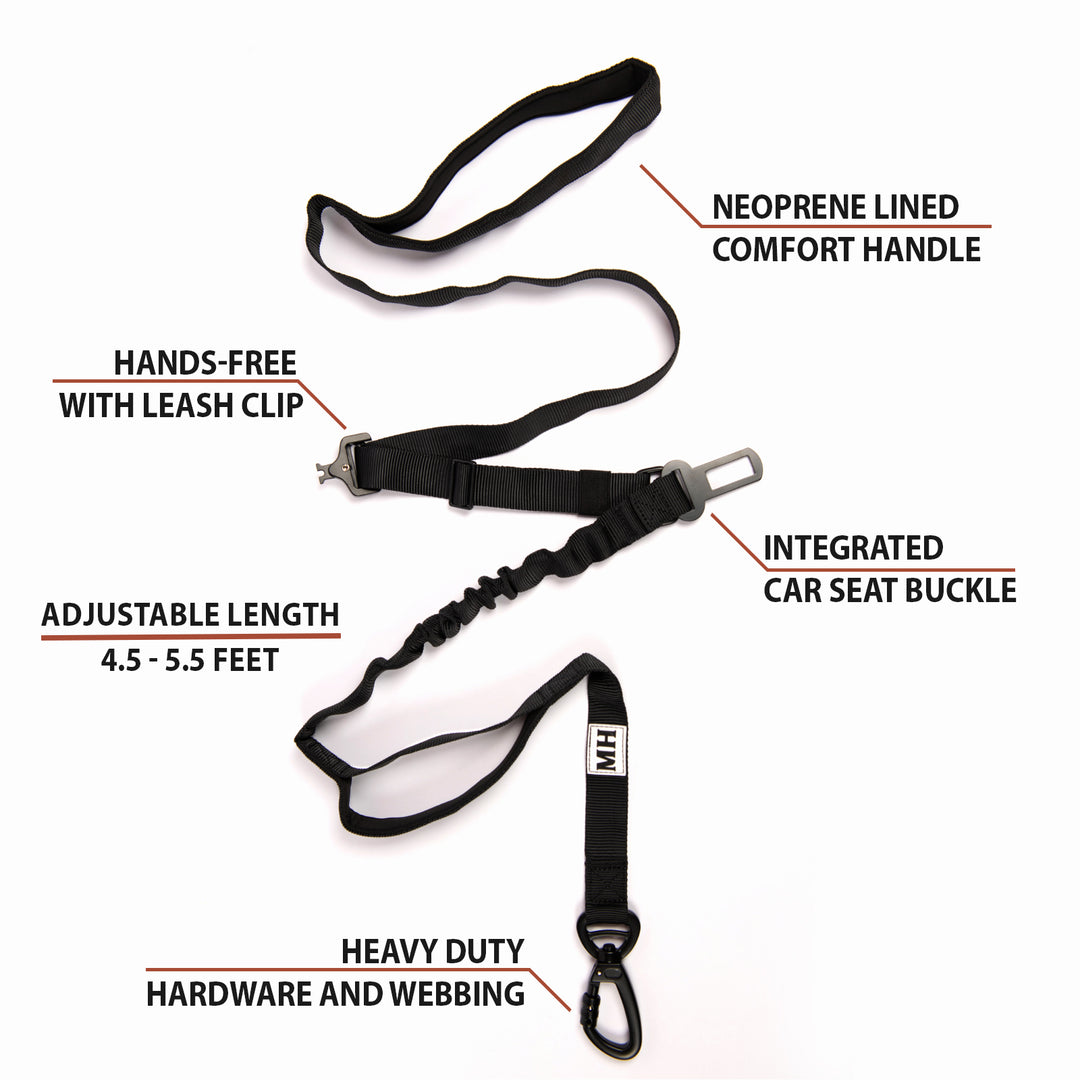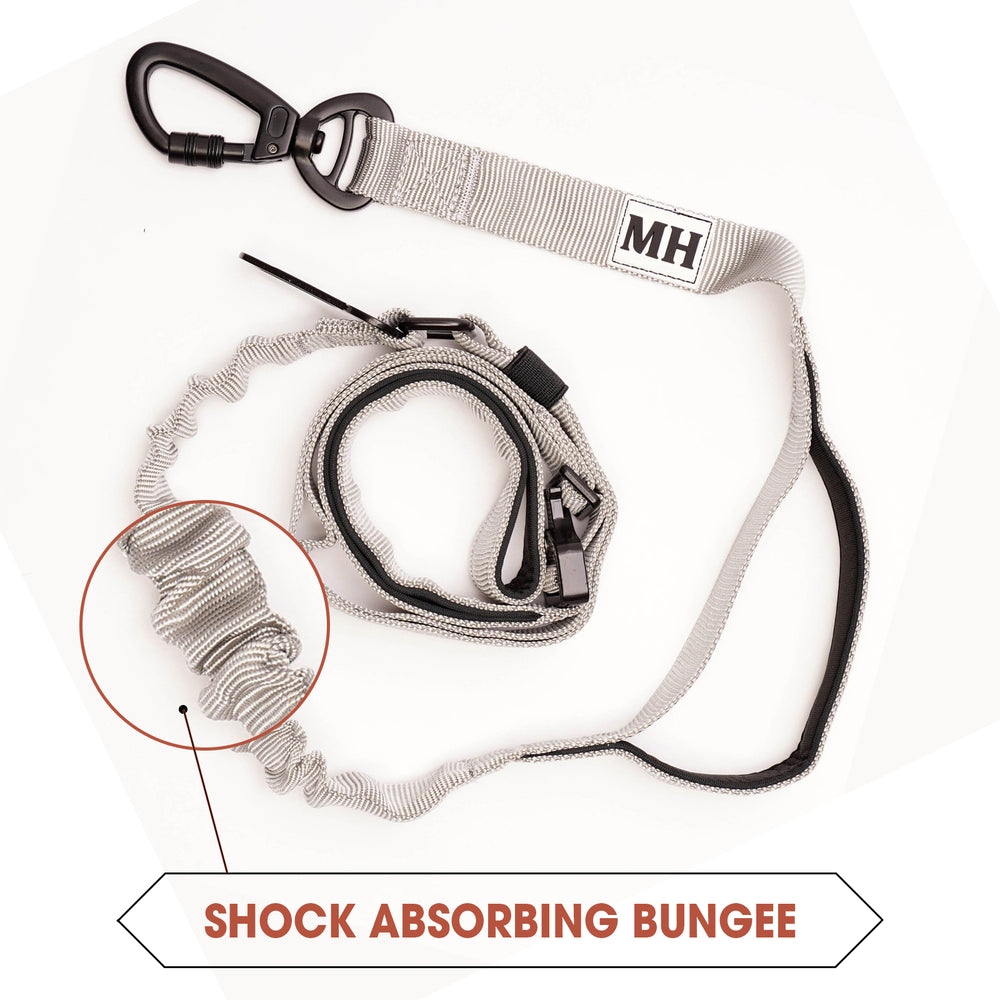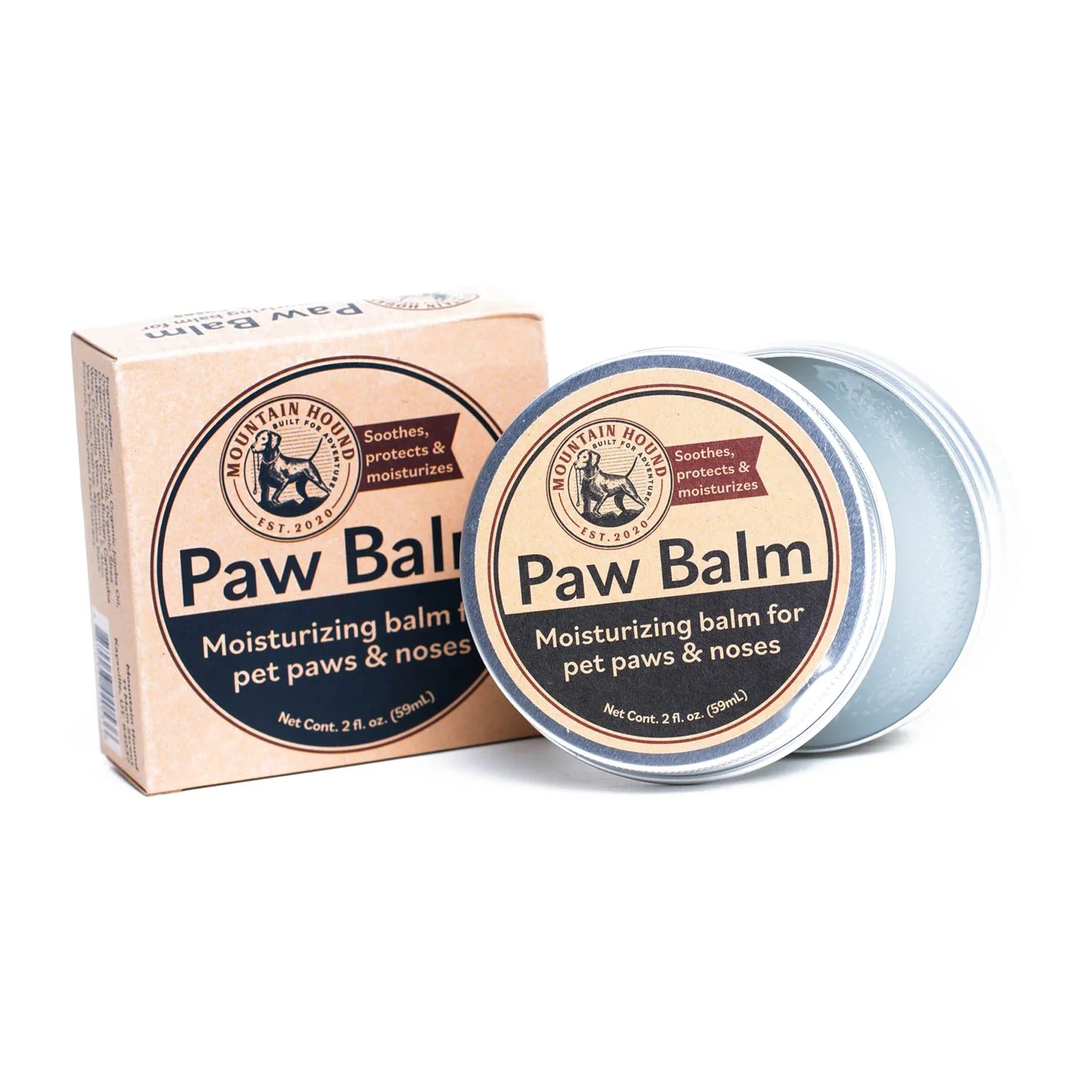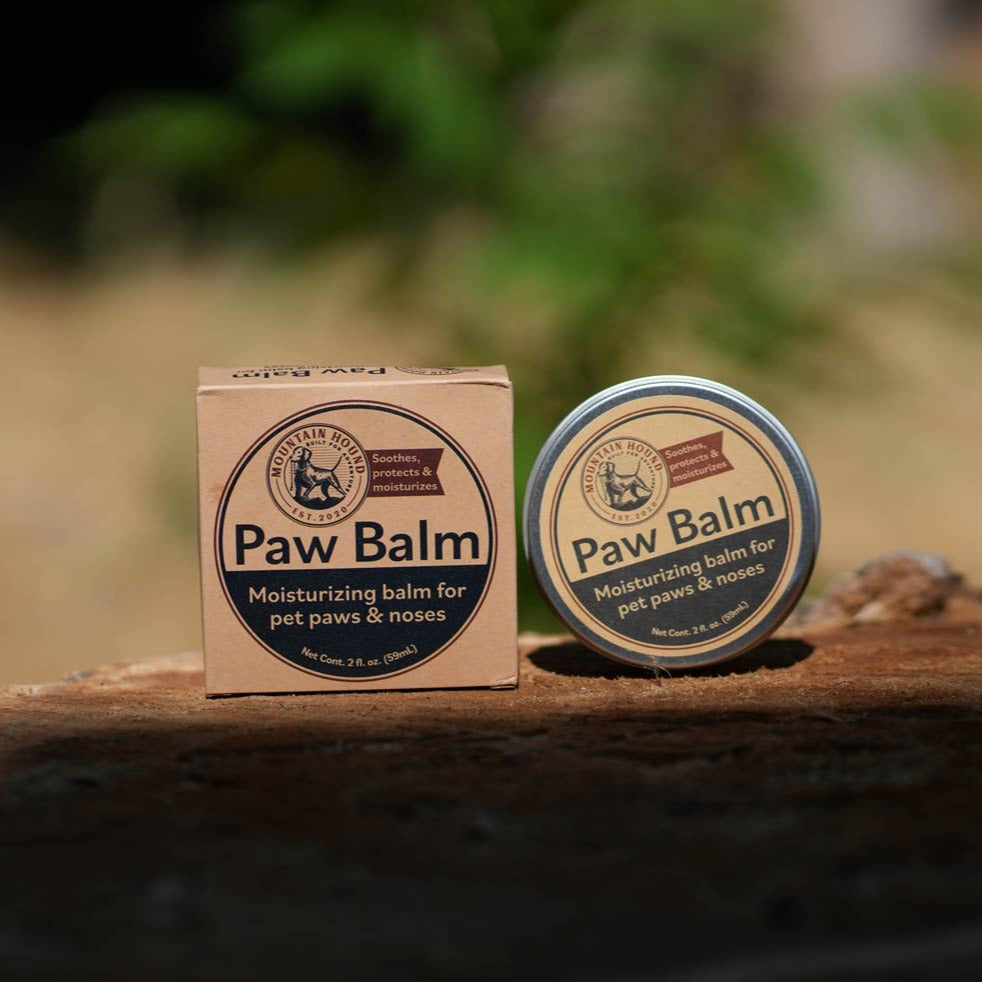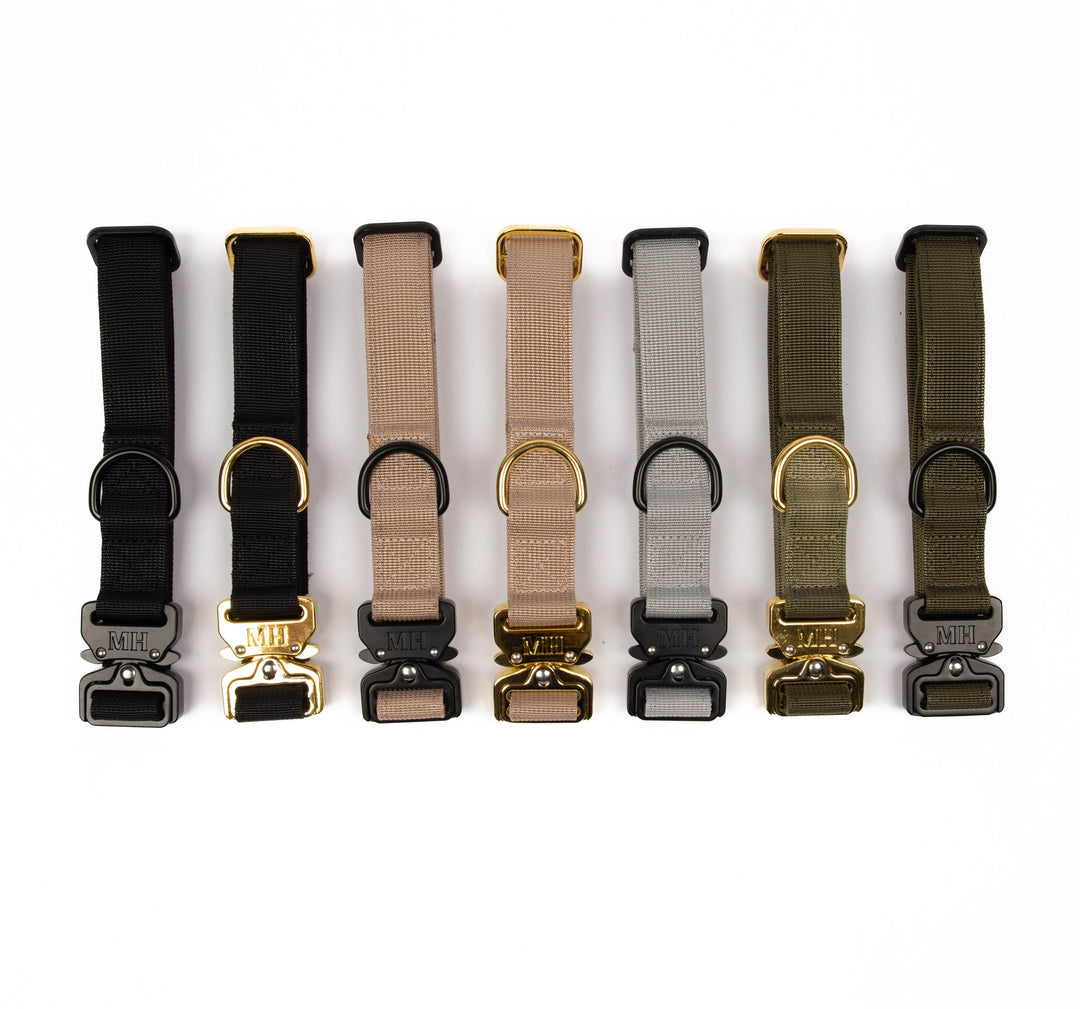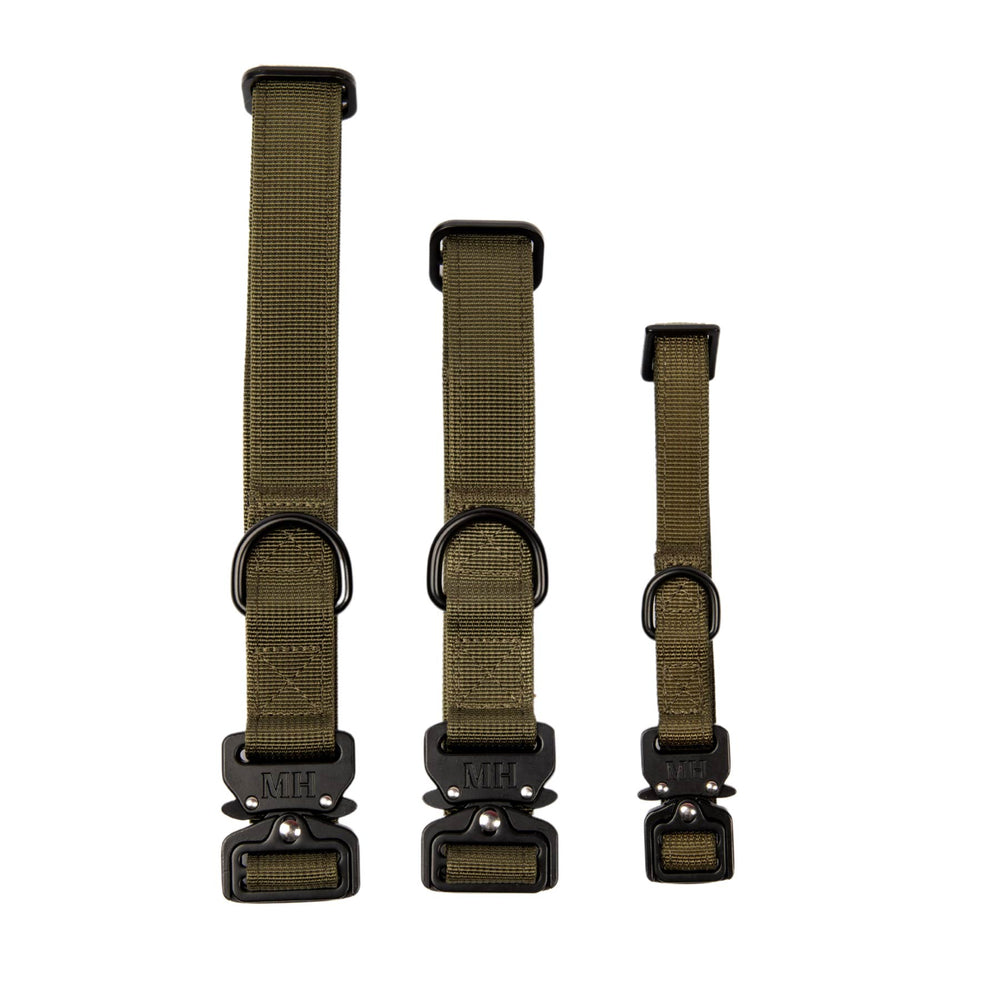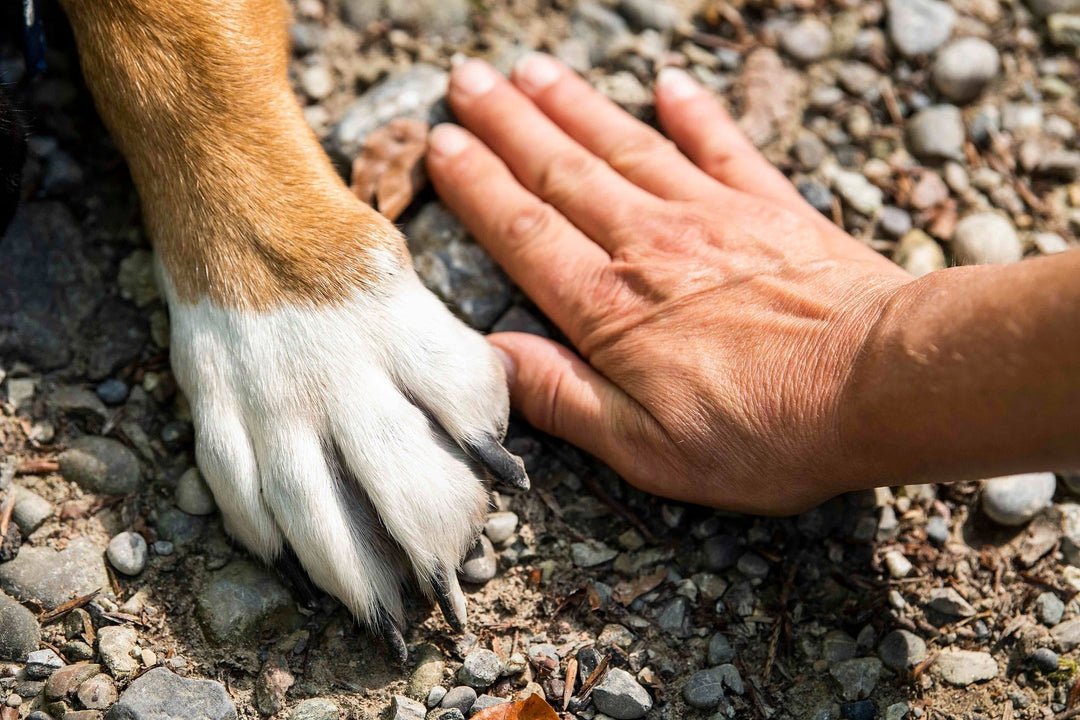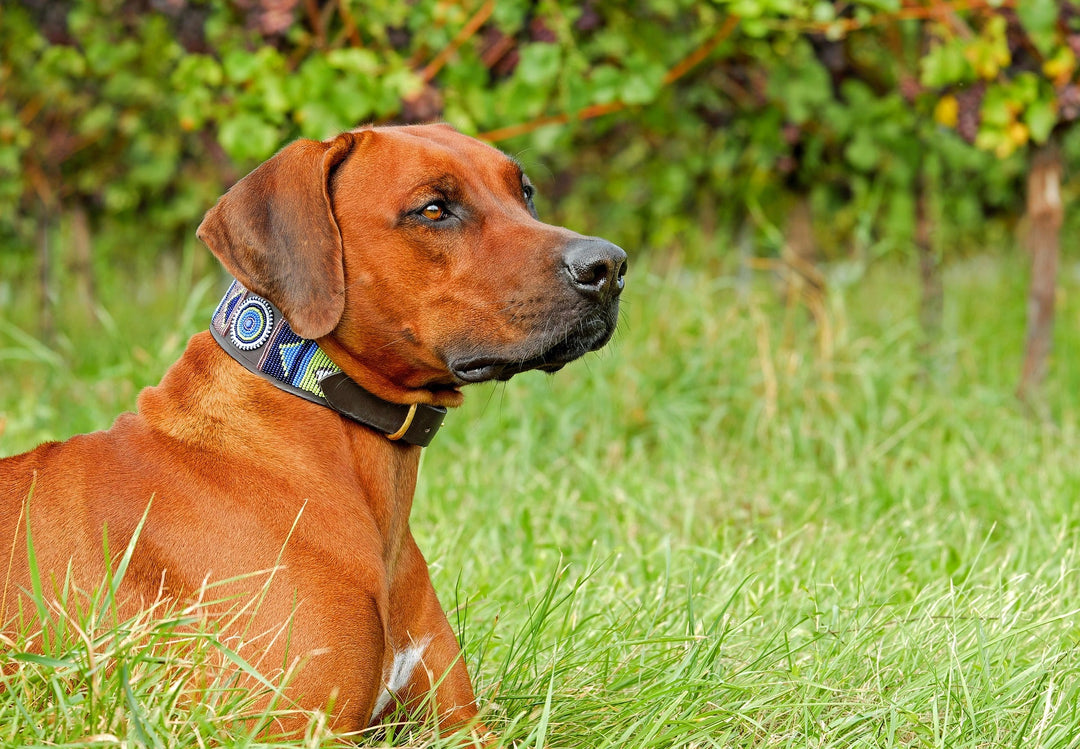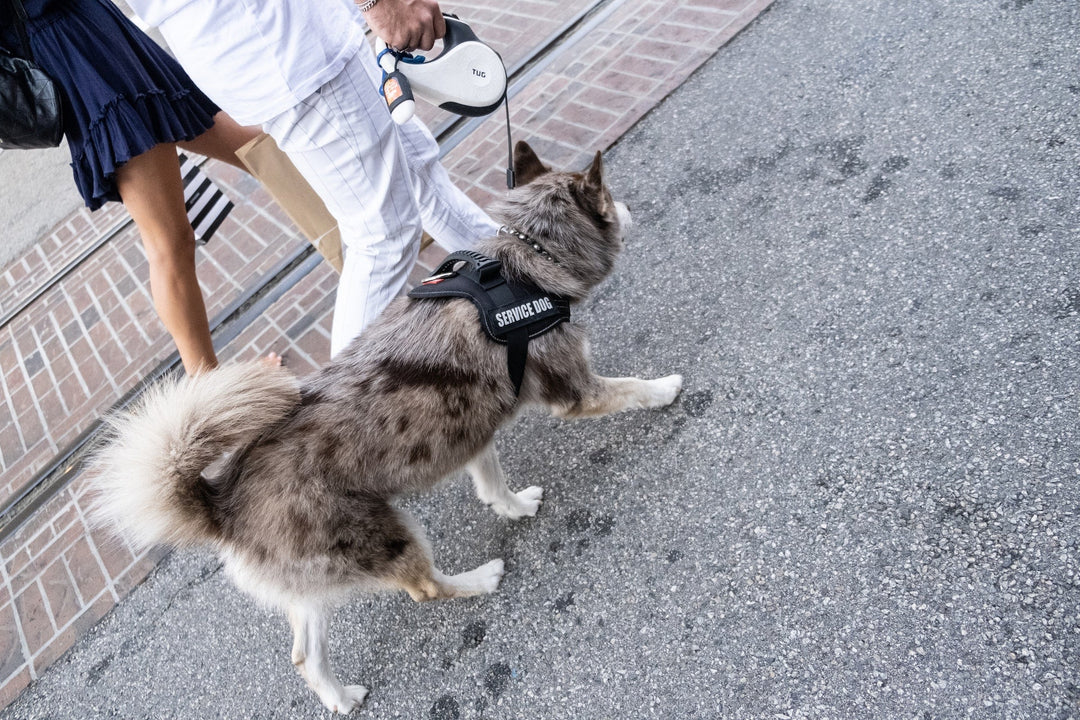Top Tips for Pet Parents of Rescue Dogs
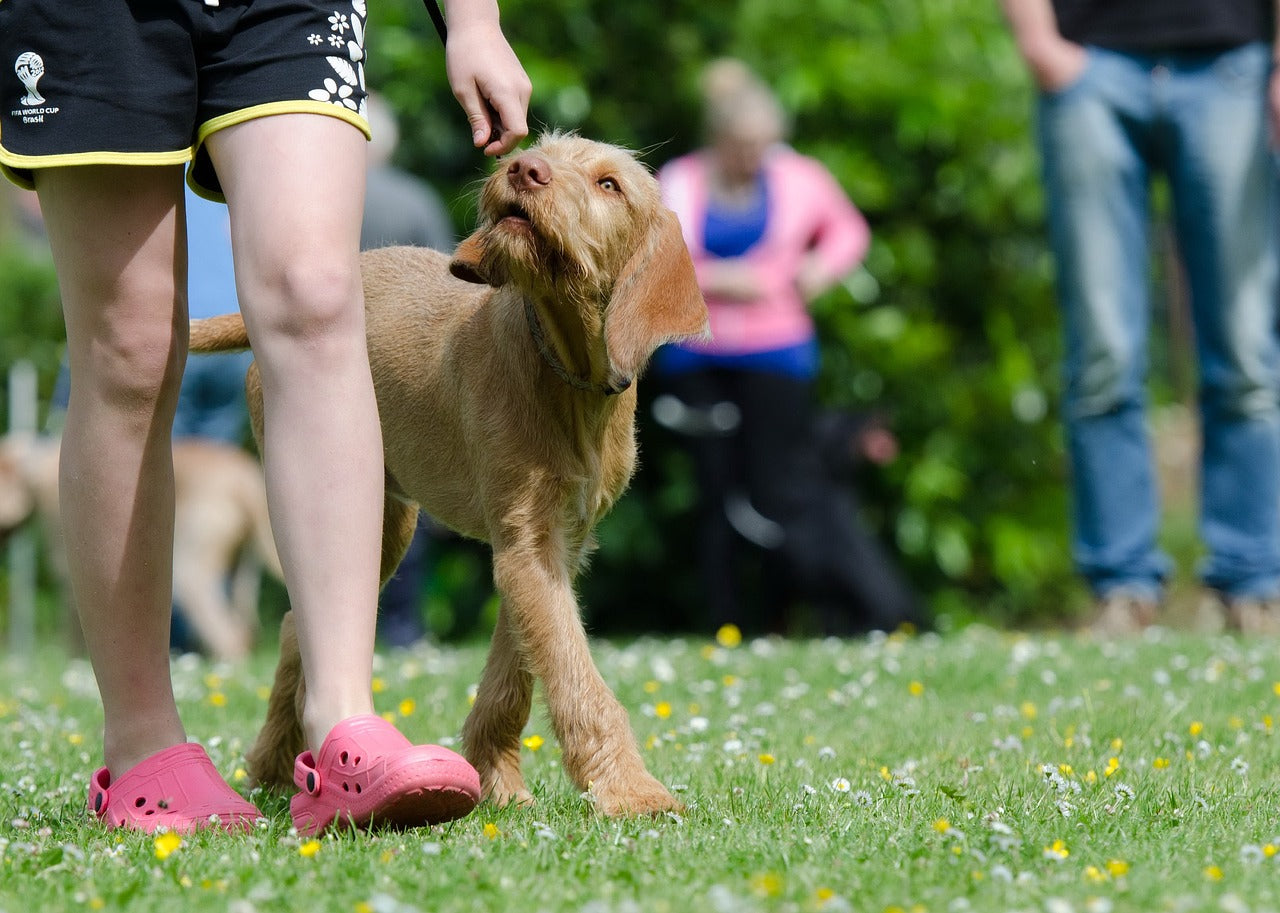
If you're a pet parent of a rescue dog, you know that - while they may be the best dogs out there - they come with their own set of challenges. From behavioral issues to health concerns, raising a rescue dog can sometimes feel like a daunting task. But don't worry, we're here to help. Check out our top tips for pet parents of rescue dogs, and see how easy it is to make your furry friend feel right at home.
Get to know your dog's personality before you start training them
Before you start dog training, it's important to get to know your dog's personality. All dogs have different personalities, and understanding what yours is can be key in helping them develop healthy habits. Dog anxiety, separation anxiety in dogs and other forms of anxiety can make dog training more complicated than it needs to be. Knowing how anxious your dog gets in certain situations, when they need reassuring and which activities they find calming can help make dog training easier and less stressful for both you and your furry friend. So take a moment before you dive into dog training to observe your dog's personality!
Be patient when teaching your rescue dog new tricks or commands
Having a rescue pet is a great experience, but it can be difficult when you first bring them home. Many rescue dogs suffer from separation anxiety which makes training and learning new tricks or commands a bit of a challenge. Patience is key to getting your pup to find the joy in learning. It may take longer than anticipated with slight progress each day, but your rescue buddy will thank you in the end with tail wags and puppy kisses! Plus, knowing you have helped your pup battle separation anxiety though positive reinforcement helps make it all worthwhile.
Be prepared for some accidents - potty training takes time and patience
Potty training can be a stressful experience for both parent and pup. The anxiety of ‘accidents’ seems to increase exponentially with dogs, who may experience anxiety over the strangest of things. It's a fact of life: our four-legged friends can struggle with separation anxiety just as much as we do, but with patience and understanding they’ll soon be mastering their own bathroom habits. So while you might end up wearing more than your fair share of unpredictable stains, rest assured knowing that your pup is quickly progressing on the path to becoming housebroken!
Exercise with your rescue dog regularly to help them stay healthy and fit
Exercise is important for everyone, even our four-legged friends. If you have a rescue dog, regular exercise can be especially beneficial. Exercise boosts your dog's immune system and lets them burn off excess energy—which can help mitigate separation anxiety and destructive behaviors. Best of all, tricks like fetch are fun and easy to learn. Keep up the good work—you'll both thank yourself later!
Feed your rescue dog a nutritious diet to help them thrive
Owners of rescue dogs are often faced with bigger challenges than basic puppy training, as anxiety or withdrawal from a difficult past is common in these pups. A nutritious diet can help to reduce anxiety in dogs and fight future sicknesses, allowing your new family member to blossom into their most confident self! Research has proven that feeding a rescue dog the right food can help them transition out of the past and into an anxiety-free life with you. So don't be afraid to dig a little deeper; healthy nutrition is worth the effort if it helps your pup find comfort in her new life.
Show your rescue dog lots of love and attention - they deserve it!
A rescue dog can have anxiety from their previous life experiences, and they deserve a lot of love and patience. Showing your pup lots of attention is the best way to help them feel secure, happy and loved. Take your time to listen to their worries, play with them every day, snuggle during movie nights in and make sure they get plenty of exercise – you will be pleasantly surprised how quickly their anxiety melts away. Not only are you providing much-needed comfort to your rescue companion; you’ll also be building an everlasting bond that will last a lifetime!
Last Word
Getting to know your dog’s personality is the first and most important step in successfully training them. Be patient, consistent, and prepared for accidents – potty training takes time and patience. Regular exercise and a nutritious diet are key to keeping your rescue dog healthy and fit. Most importantly, show your rescue dog lots of love and attention – they deserve it! Keep reading our blog for more dog training advice and tips.
Photo credit:


